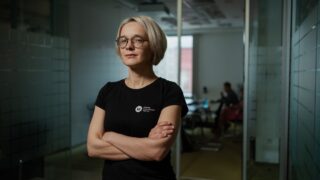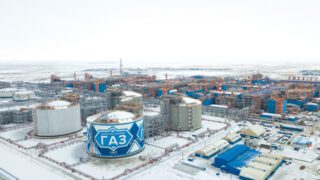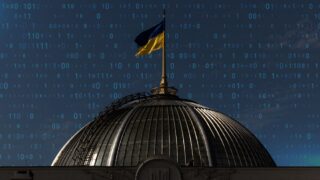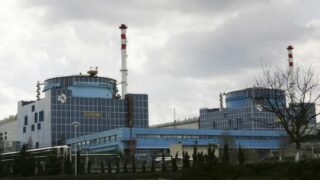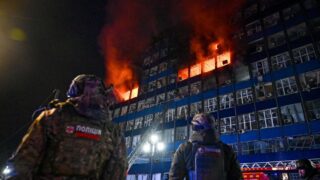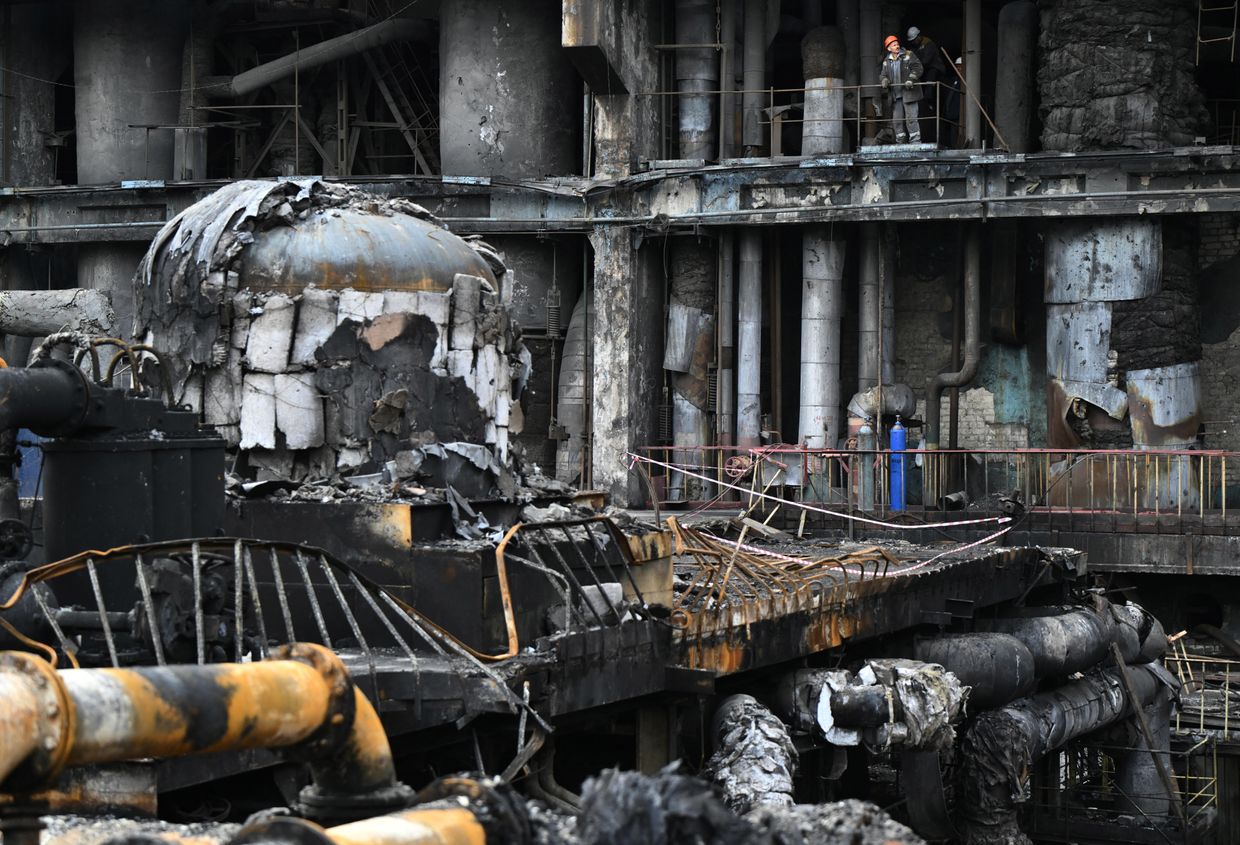
Ukraine state-owned enterprises weekly — Issue 158
Editor’s Note: This is issue 158 of Ukrainian State-Owned Enterprises Weekly, covering events from Dec. 9-14, 2024. The Kyiv Independent is reposting it with permission.
Corporate governance of SOEs
The Cabinet of Ministers completes the composition of Ukrenergo’s new supervisory board. On Dec. 10, the Cabinet of Ministers approved the candidacies of three state representatives for Ukrenergo’s supervisory board, completing the set of board candidates.
The three new state representatives are:
- Yuriy Boiko — an advisor to the prime minister of Ukraine. According to Ukrenergo, Boiko has over 25 years of experience in senior management positions across private and public institutions in the energy sector. He served as a member of Ukrenergo’s supervisory board in 2021-2024. In November 2023, he was elected as Deputy Board Chairman.
- Anatolii Hulei — Oschadbank’s former CEO (2007-2010), before which he worked in various roles in the Ukrainian banking industry. According to Ukrenergo, Hulei served on advisory bodies of the Finance Ministry and the National Bank of Ukraine (NBU) in 2016-2019 and is now a professor at the West Ukrainian National University.
- Oleksii Nikitin — a chief specialist at the “Engineering and Technical Parts Unit 38" state enterprise, whose job responsibilities include physical protection of critical infrastructure facilities. Ukrenergo said that Nikitin served as deputy head of the Unit of Regulatory and Legal Support for Electricity Markets at the energy regulator, NEURC, in 2021-2022. He became an advisor to the CEO of the State Enterprise Market Operator and a freelance advisor to the Energy Minister in 2022.
As we reported earlier, the Cabinet approved four new independent members of Ukrenergo’s supervisory board on Nov. 27: Patrick Roland Graichen, Luigi de Francisci, Jeppe Sebastian Kofod, and Jan Henrik Montell. See Issue 156 for more detail.
According to Ukrenergo’s charter, its supervisory board should consist of seven members: four independent members and three state representatives. The new composition of the company’s supervisory board is thus complete.
All the above candidates are to be appointed as supervisory board members by a decision of the Ministry of Energy in its capacity as the general shareholders meeting of Ukrenergo. As it follows from the information below, such a decision must have been made.
On Dec. 12, the newly appointed Ukrenergo’s supervisory board held its first meeting. Jeppe Kofod (independent member) was elected as the board’s Chair, while Anatolii Hulei (state representative) became his Deputy.
The supervisory board also established an audit committee, a nomination and remuneration committee, and an investment and strategy committee, as well as “made up its mind” on their chairs.
Ukrenergo did not specify the names of committee chairs.


G7 Ambassadors welcomed the appointment of Ukrenergo’s new supervisory board. The new board should launch the selection of a new CEO without delay, they emphasized.
As we wrote in Issue 146, on Sept. 2, Ukrenergo’s supervisory board dismissed the company’s CEO Volodymyr Kudrytskyi by a majority vote. The board appointed executive board member Oleksii Brekht as an acting CEO and decided to hold a competitive selection for a new CEO.
On the same day, Daniel Dobbeni (independent member and supervisory board chair) and Peder Andreasen (independent member) announced that they had filed their resignation notices.
According to the fifth review of the four-year Extended Fund Facility (EFF) Arrangement between Ukraine and the International Monetary Fund, the full supervisory board of Ukrenergo had to be re-established by end-December 2024. This is a conditionality for Ukraine’s access to about $1.1 billion under the IMF program.
As we wrote in Issue 148, on Sept. 20, the Energy Ministry in its capacity as Ukrenergo’s general shareholders meeting decided to hold a competitive selection for three independent members of the company’s supervisory board. The fourth independent member would be elected in parallel under a previously launched procedure.
The selection of all board members – four independent and three state representatives – was scheduled to be completed by Dec. 9
Energy sector
Ukrainian energy infrastructure struck for the third time in less than a month. On Dec. 13, Ukraine’s Energy Minister Herman Halushchenko reported that Russia had launched yet another massive missile and drone attack targeting energy facilities across Ukraine.
This marked the third massive attack since November 2024 and twelfth since the beginning of the year, the Energy Ministry added.
Russia’s attack occurred during the afternoon of Dec. 12 and morning of Dec. 13, and was characterized by the use of combined weapons, Ukraine’s Air Force said. Russia launched an unprecedented 287 aerial weapons. Ukraine’s air defenses intercepted 81 missiles and 80 drones, while 105 drones failed to reach their targets.
Later, Ukrenergo confirmed damage to energy facilities in several oblasts. As a result, the transmission system operator had to tighten the power outage schedules for the following days.
Rinat Akhmetov’s DTEK, Ukraine’s largest private energy holding, reported that Russia attacked its thermal power plants (TPPs) again, severely damaging equipment. This marked the ninth massive attack on its TPPs in 2024, DTEK added.


According to the International Atomic Energy Agency (IAEA), five of Ukraine’s nine operating nuclear reactor units reduced power output due to the attacks.
From March 22 to Nov. 28, Ukraine faced nine massive missile and drone strikes on electricity facilities. See our Issues 124, 125, 127, 129, 131, 134, 145, 154, and 156 for more detail.
Following each Russian attack on Ukraine’s vital infrastructure, emergency outages occur, often lasting for days due to ongoing repair work. During such outages, people in Ukraine are often left without electricity, heating, water supply, or access to mobile phone networks.
The Hague court confirms that Russia must compensate Naftogaz for assets seized in Crimea. On Dec. 13, Naftogaz Group announced that the Supreme Court of the Netherlands dismissed Russia’s cassation appeal, upholding the Partial Award of the Permanent Court of Arbitration in The Hague concerning compensation for damages caused by the illegal expropriation of the Group’s assets in Crimea.
This ruling confirms for the second and final time the legality and validity of the Partial Award, Naftogaz explained. “This decision strengthens Naftogaz Group’s position in enforcement proceedings to recover compensation from Russia for the illegal seizure of assets in Crimea,” Roman Chumak, Naftogaz’s acting CEO said.
As we wrote in April 2023, the Hague’s Arbitration Tribunal at the Permanent Court of Arbitration ordered Russia to pay $5 billion to compensate Naftogaz for its losses in Crimea following the 2014 seizure of assets. See our Issue 83 for more detail.
As we reported in November 2024, the Helsinki District Court froze Russian assets in Finland at Naftogaz’s request. See Issue 154 for more detail.
Privatization
The Cabinet approved the terms of seized Motordetal-Konotop’s privatisation. The starting price for the sale of the 100% stake is Hr 278.5 million ($6.6 million at the current exchange rate). All proceeds from this sale will go to the Fund for the Elimination of Consequences of Armed Aggression, part of the state budget.
As we reported in Issue 149, on Sept. 26, the auction commission of the State Property Fund of Ukraine (SPFU) set the terms for the privatization of Motordetal-Konotop LLC, a plant confiscated earlier from sanctioned Russian senator Sergey Kalashnik.
The company was transferred to the management of the SPFU by a ruling of the High Anti-Corruption Court (HACC) in 2023.
Located in Sumy Oblast, Motordetal-Konotop is one of Ukraine’s largest producers of piston rings for internal combustion engines, the SPFU said. The company’s clients include well-known car brands such as Rolls-Royce, Scania, MAN, Iveco, Mercedes-Benz, Volvo, Renault, and CAT.
See our Issue 149 for more detail.
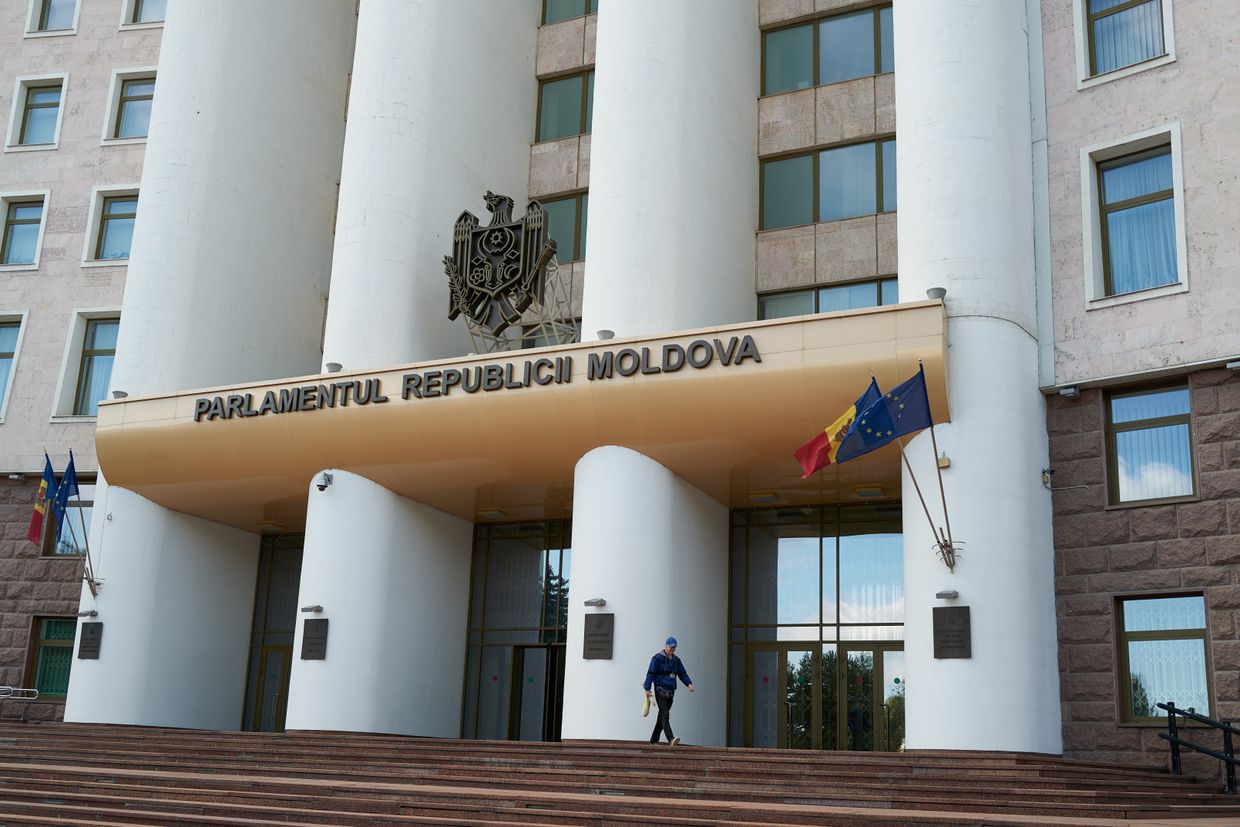

HACC Appeals Chamber confirms the seizure of Ocean Plaza’s debts to the Rotenbergs, paving the way for its privatization, the Justice Ministry announced on Dec. 12.
According to the ministry, the claim rights of sanctioned Ethoder Investments Limited, a non-resident company related to the Rotenbergs, were seized in favor of the state, namely:
- the claim right under a 2009 loan agreement between IU Lybid and Ethoder;
- the claim right under a 2014 mortgage agreement between IU Lybid and Ethoder; and
- the claim right under a 2014 pledge agreement between Avangard-Vilarti and Ethoder.
The ruling comes into force immediately after its announcement and is not subject to appeal in cassation, the ministry noted.
According to Ekonomichna Pravda (EP), in July 2023, the High Anti-Corruption Court (HACC) seized 100% of the little-known Avangard-Vilarti LLC. The ultimate beneficial owners of this company were the children of Arkady Rotenberg, a sanctioned Russian oligarch close to Vladimir Putin.
Avangard-Vilarti, now managed by the SPFU, owns 66.65% of Investment Union Lybid LLC (IU Lybid), which owns Kyiv’s Ocean Plaza shopping mall. The remaining 33.35% in IU Lybid is owned by Andriy Ivanov’s Lanita Invest LLC.
Another company founded by Avangard-Vilarti is Ethoder Investments Limited, to which IU Lybid owes $177.4 million. It is because of this debt that Ocean Plaza has not yet been put up for privatization, the media explained.
IU Lybid and Ethoder signed a loan agreement in 2009 for the construction of the Ocean Plaza shopping mall. The future asset was pledged as collateral to secure the agreement, EP said.
According to the investors, UDP Holdings of Vasyl Khmelnytsky and Andriy Ivanov, and KAN Development of Igor Nikonov, the mall’s construction cost was $300 million. It is unclear who owned Ethoder in 2009 when the loan agreement was signed. Nikonov said that the developers had attracted a “pool of private investors."
They sold the mall to the Rotenbergs in 2012 for $280-350 million. In 2019, Khmelnytsky bought back 33.35%, and in 2021, he allegedly resold this stake to Ivanov when they announced the separation of their businesses.
IU Lybid stopped all payments on the loan in February 2022. The outstanding loan posed a problem for the SPFU and potential new owners, as the mall building itself served as a collateral, EP wrote in January 2024.
According to EP, the SPFU and the Justice Ministry then had several options for solving this problem. Ultimately, they decided to clear the asset through the courts by imposing sanctions on the loan.
As we wrote in Issue 106, the SPFU wants to sell the state’s 66.65% stake in Ocean Plaza, previously owned by sanctioned Rotenbergs.
As we wrote in April 2024 (Issue 127), the starting price was set at Hr 1.65 billion (39.2 million euros at the exchange rate at that time).
See Issues 106, 109, 113, and 127 for more detail on Ocean Plaza’s privatization.
Ukrainian SOE Weekly is an independent weekly digest based on a compilation of the most important news related to state-owned enterprises (SOEs) and state-owned banks in Ukraine.
The contents of this publication are the sole responsibility of the editorial team of the Ukrainian SOE Weekly.
The SOE Weekly is produced and financed by Andriy Boytsun. Communications support is provided and financed by CFC Big Ideas. The SOE Weekly is not financed or influenced by any external party.
Editorial team: Andriy Boytsun, Oleksiy Pavlysh, Dmytro Yablonovskyi, and Oleksandr Lysenko.






